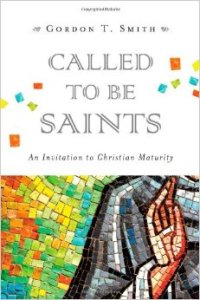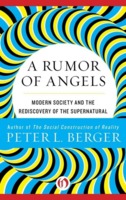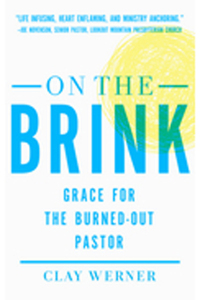Here are a few books I enjoyed most during 2014. They weren’t necessarily published in 2014, but I sure did like them!
A Rumor of Angels: Modern Society and the Rediscovery of the Supernatural
Eminent sociologist, Peter Berger, coined the term “signals of transcendence,” referring to the latent signs of divinity in the human experience. Among those signs he includes: order, play, & laughter. A Rumor of Angels is on the shorter side and is a great intro to Berger’s writings.
On the Brink: Grace for Burned Out Pastor
I’ve said a lot about On the Brink in former posts. It’s choc full of insights, not only for the pastor but for the congregation. It’s theologically rich, pastorally sensitive, challenging where it needs to be, and soaked in grace. If you want to give a pastor a gift, whether they struggle with burnout or not, this is a great book for every pastor to read.
The book is a memoir of reflections from Hemingway’s time in Paris, where he lived with his wife and son in the twenties. If you’ve seen Midnight in Paris, you’ll recall all the artists and literary figures that lived there in this period. Hemingway was right in the mix, living in poverty, betting on horses, spilling ink in cafes, drinking lots of wine, and sizing up the likes of Gertrude Stein and Scott Fitzgerald.
 Called to be Saints: An Invitation to Christian Maturity
Called to be Saints: An Invitation to Christian Maturity
I really enjoy the balance, clarity, and pull of Gordon Smith’s writing. His book, Transforming Conversion, was great. Here he argues maturity is a vital dimension of the church’s teaching that often goes neglected. He writes: “Congregations that do not pursue with passion and vigor a dynamic maturity in Christ are surely as fraudulent as a hospital that is not passionate and vigorous in its pursuit of healing and holiness.â€
Powerful story, great writing, and stirring account of Laura Hildebrand.
 Sabbath as Resistance: Saying NO to the CULTURE OF NOW
Sabbath as Resistance: Saying NO to the CULTURE OF NOW
Americans can’t read and reflect enough on the sabbath. Once a cultural fixation, the sabbath has largely left the Christian field of view. Bruggeman argues that it is “the most difficult and most important†of the Ten Commandments. The Preface is worth the book, where he makes a distinction between the Adamic man–who creates through work, and the Mosaic man–who cultivates reflection and worship through inaction and devotion.




